Angus Council has agreed to commit to a Scottish Government pilot program that will provide housing for up to 100 Ukrainian refugees.
Around 75 temporary “modular” buildings will be put on the site of the former St Thomas RC Primary on Seaton Road in Arbroath.
The displaced people, who have fled the former Soviet Union state because of a continuing occupation by Russian forces, will stay on the site for up to a year.
The Scottish Government commissioned a US-based international foreign aid consultancy, Palladium Group, to work with civil servants and councils on the project.
Councillors were in favour of the project’s aims, but questions were asked about the impact on land use and funding.
The site of the school has been set aside for the construction of around 40 new council houses.
The report to members on the scheme was written and presented by the council’s depute chief executive, Mark Armstrong.
Mr Armstrong acknowledged that “as with all proposals in response to Ukraine”, the report’s proposals had been made “at a rapid pace, over a short period of time.”
‘Funding and land use’
Scottish Conservative councillor for Arbroath East and Lunan ward, Derek Wann asked Mr Armstrong: “What are we going to do with these people, when they are displaced out of here…because this is good land for future social housing?
“Is the Scottish Government going to provide us money to house them here locally? This war could go on for two years, three years, five years. Nobody knows.”
Mark Armstrong replied: “The Scottish Government accept that that site is part of the council’s strategic housing investment housing plan, with a project due to come on stream in 2025.
“The pilot project is committed to only last 12 months, plus the time to decommission (three months).
“The existing Ukrainian refugees that are in Angus and any additional, have a package of £10,500 per person wrapped around them which is supporting them.
“That would continue to my knowledge, and that would be the subject of discussions at UK and Scottish government level, depending – as you say – how the conflict transpires.”
‘Homelessness risk’
Mr Wann also asked Mr Armstrong about whether there was a strategy in place as there was a “chance of homelessness” after the pilot project ends.
Mr Armstrong said: “The homelessness part is recognised as a risk and the Scottish Government have committed as part of our work on this – we would have a detailed strategy and exit program on how we would decommission the site.
“That work is still to take place…but I would envisage that would be a phased introduction of people and a phased exit of people to minimise risk of having individuals on the site at the end of the period it’s available for temporary accommodation.”
‘Nobody doesn’t want to help’
Councillors around the chamber acknowledged the need for a humanitarian response, even though challenges and questions were evident.
Forfar and District Ward SNP councillor, Linda Clark said: “I fly the Ukraine flag at home…because I went to school with lots of Ukrainians in the early Fifties.
“They stayed here along with Italians and others…after their fathers and grandfathers, some of them, lost their lives. There’s nobody in this room that doesn’t want to help.
“I look forward to some of these people (Ukrainian refugees) getting their citizenship.”
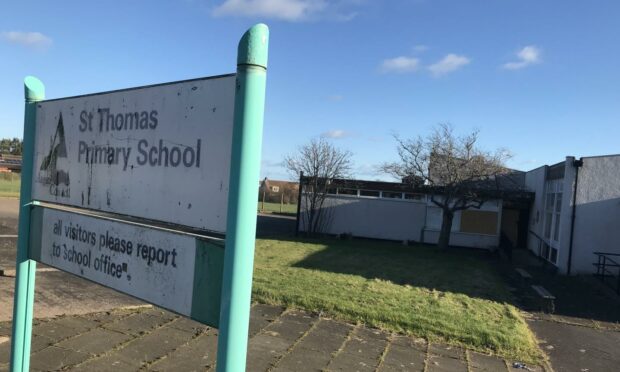
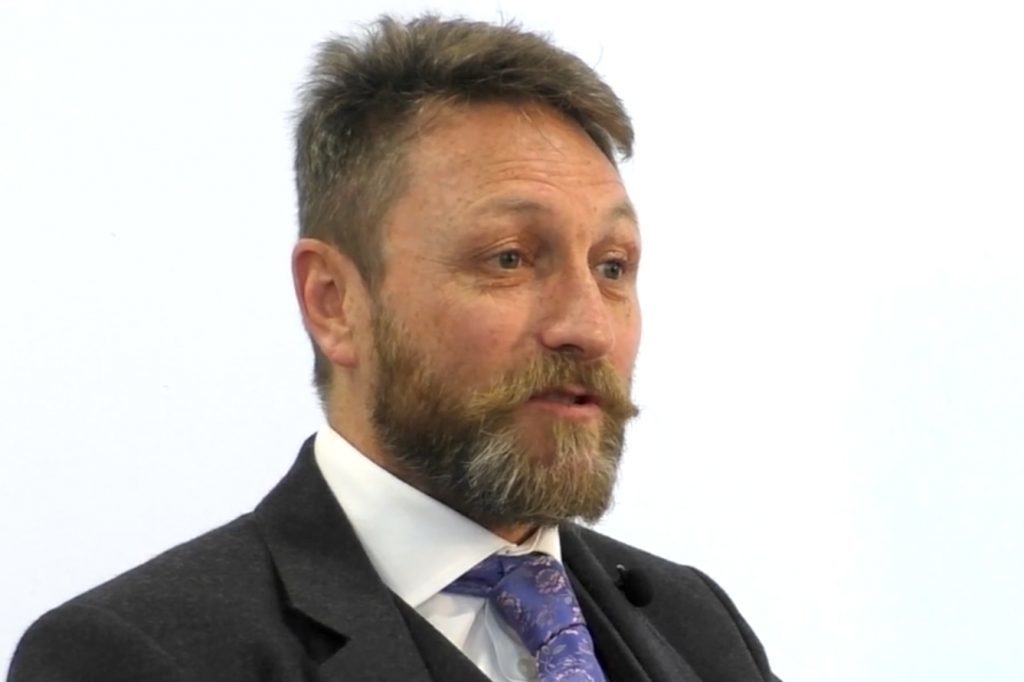
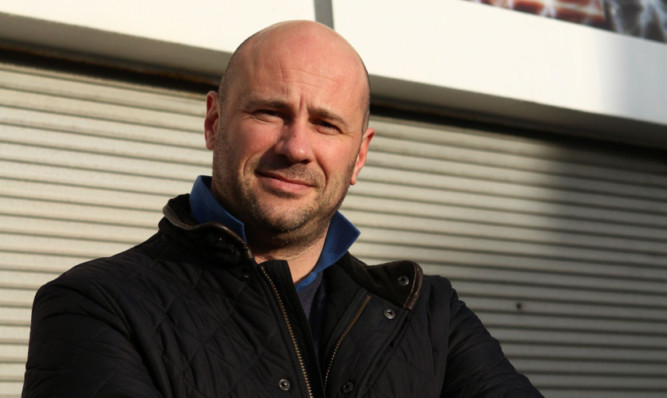

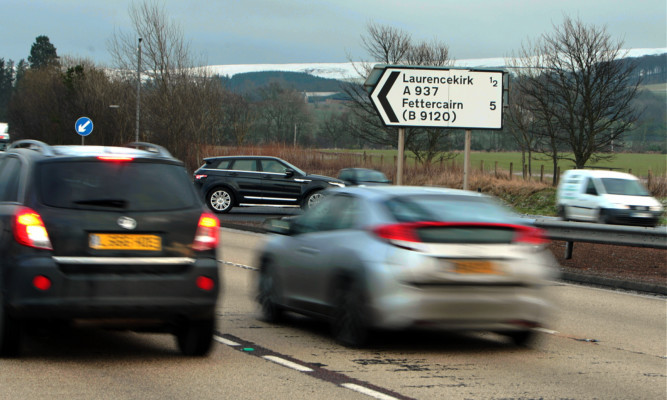
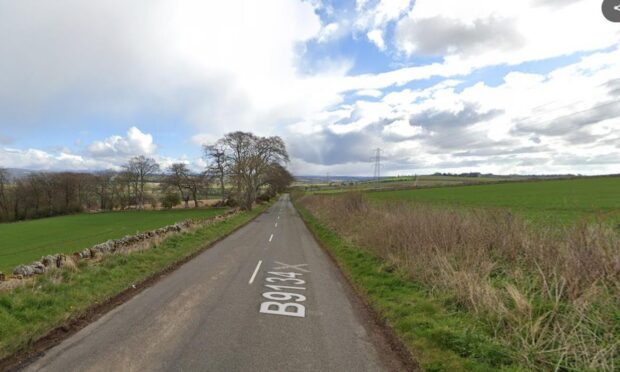
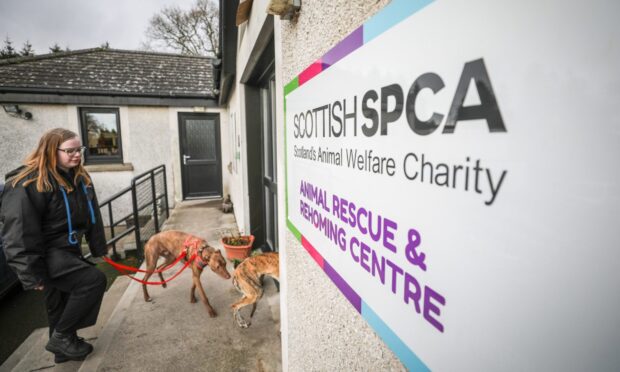
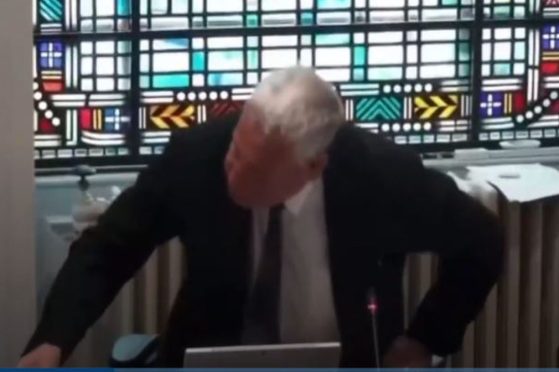
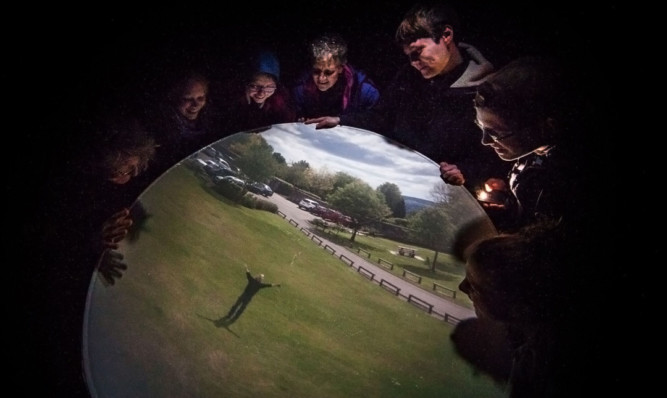
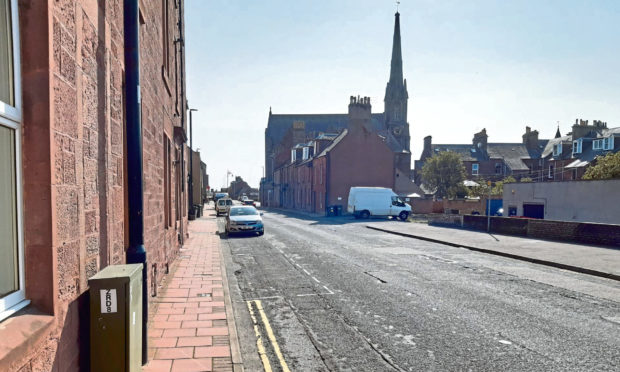

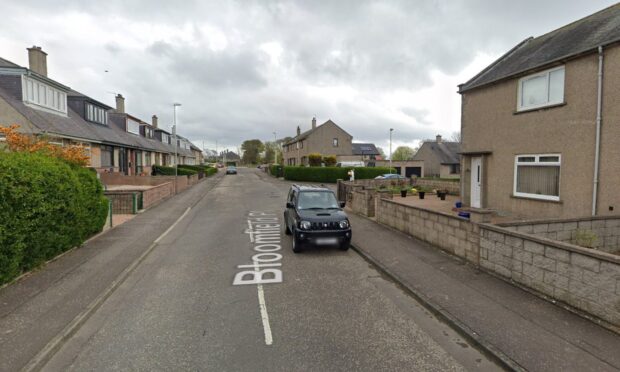

Conversation